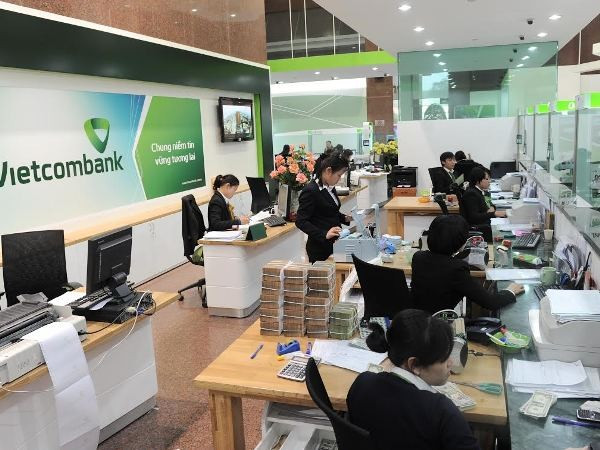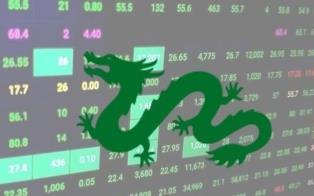This development is welcomed by investors who have patiently awaited tangible returns.

HÀ NỘI — Several of Việt Nam’s largest commercial banks are reinstating cash dividends in October and November, marking a significant shift after years of restraint under tighter regulatory guidance. The move, widely welcomed by investors, reflects improved profitability and financial stability across the sector.
Today (October 6), Vietcombank will close its shareholder list to distribute a cash dividend of 4.5 per cent, equivalent to VNĐ450 per share. The payment, worth about VNĐ3.76 trillion (US$142.5 million), is scheduled for October 24 and will cover nearly 8.4 billion shares. The bank last paid a cash dividend in 2021 at 12 per cent, following a consistent 8 per cent payout ratio between 2016 and 2020.
BIDV and VietinBank will follow on October 15, finalising shareholder lists to distribute dividends at the same 4.5 per cent rate, or VNĐ450 per share, for the 2024 fiscal year. BIDV, with more than 7.02 billion shares outstanding, plans to disburse nearly VNĐ3.2 trillion on 14 November. VietinBank, holding around 5.37 billion shares, will allocate over VNĐ2.4 trillion on 17 November. In addition, VietinBank is preparing to issue nearly 2.4 billion new shares to lift its charter capital above VNĐ77 trillion.
Techcombank finalised its shareholder list on October 1 and will distribute a 10 per cent cash dividend amounting to almost VNĐ7.1 trillion, with payments scheduled for October 22.
HDBank, meanwhile, has yet to set a date for its dividend distribution. According to its 2024 profit plan, the bank expects distributable profit approaching VNĐ10.4 trillion, which could support a maximum payout ratio of 28 per cent. Management has indicated that up to 15 per cent may be paid in cash, subject to shareholder approval.
The simultaneous announcements of cash dividend plans by major banks mark an important return to direct shareholder payouts.
Since 2020, the State Bank of Vietnam had curtailed cash dividends, urging banks to retain earnings to bolster equity, resolve bad debts and provide space for lower lending rates to support businesses and households. During this period, most banks issued stock dividends instead, boosting charter capital but leaving shareholders without immediate cash benefits.
In 2023, the central bank relaxed the rules for institutions with strong credit ratings, while still prioritising stock-based dividends to build capital buffers and lending capacity. The easing has paved the way for cash dividends to resume, underscoring the sector’s financial health.
For shareholders, especially retail investors, cash dividends provide a clear and tangible benefit compared with stock dividends, which can dilute value in the short term. Analysts say the return to cash payments is likely to strengthen investor confidence in the growth prospects of Việt Nam’s leading banks and their willingness to share profits. — BIZHUB/VNS




